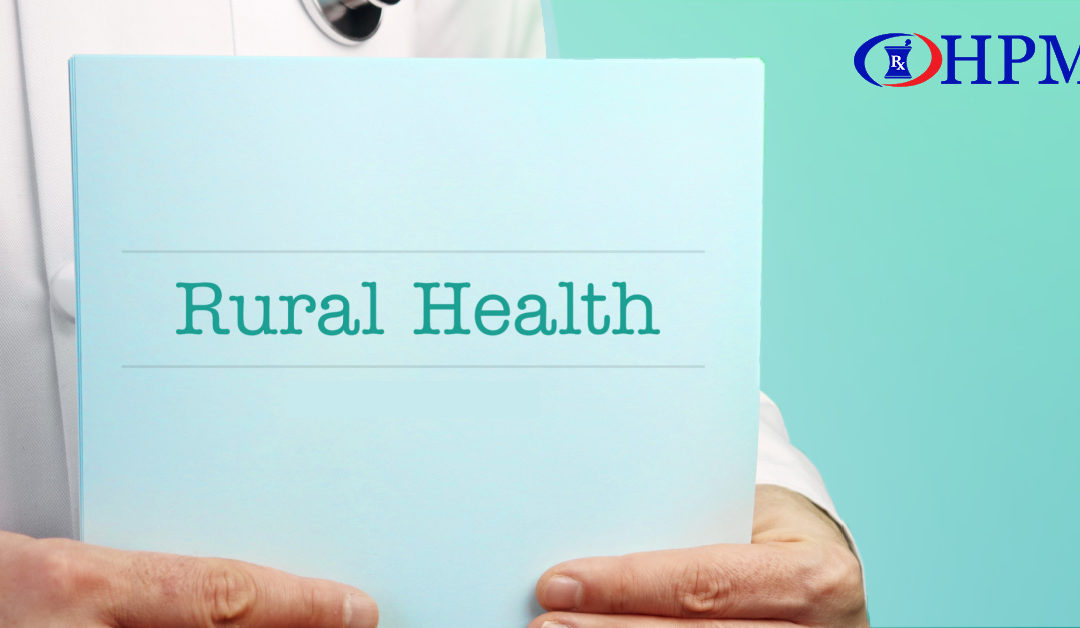Rural hospitals face many challenges the big guys don’t. Across the country, America’s small communities struggle with aging populations, shortages of health professionals, and declining access to health care. Faced with these hurdles, small towns often find themselves left with mail-order pharmacy services as their only option- an option that leaves patients with no pharmacist to answer questions they may have about their medication. Small hospitals and clinics do an excellent job of providing primary care to rural patients but often the pharmacy services aren’t on the same level. That’s where Hospital Pharmacy Management (HMP) comes in. Our telepharmacists keep small hospital pharmacies running after hours and provide rural communities with 24 hour access to actual pharmacists.
24/7 Medication Verification
With a nationwide pharmacist shortage and pharmacist salaries increasing, remote hospital pharmacies can find themselves short staffed. Even though illness and emergencies happen at all hours, rural hospitals can usually only staff a single pharmacist from 8:00 to 5:00 Monday through Friday. This leaves patients who present with an illness at 2am on Saturday with no pharmacist to review medication orders. With this model, the person trained in drug therapy management and renal dosing could be playing catch up if errors are made at dispensing. With telepharmacy services, you get 24/7 medication verification, an increase in safety and a reduction in preventable adverse drug reactions (PADRs).
Reduction in PADRs
Using remote staffing to supplement clinical pharmacy staff enables hospitals to reduce PADRs. With 24/7 medication verification hospitals can reduce instances of PADRs. Catching medication errors is what a pharmacist is trained to do. From fully understanding renally dosed meds to a thorough knowledge of adverse drug interactions, pharmacists catch what doctors and nurses can often miss.
Lower Costs
It’s a simple fact: errors cost hospitals money. Adverse drug events (ADEs) — or injuries resulting from medication — are among the top three most common and costly categories of medical errors. If a clinician misses an allergy alert while dispensing a medication, it sets off a chain reaction of costly events. For example if the medication sends the patient into shock, they will then require additional medications, extra provider time and a longer hospital stay. In the end, the provider will often be required to absorb these unnecessary costs negatively impacting their bottom line. Each year in the U.S. there are approximately two million ADEs that cause a staggering 100,000 deaths and increase healthcare costs by about $136 billion.
Implement Telepharmacy in Your Hospital
Advancements in healthcare technology are presenting solutions to hospitals in unique positions to connect to pharmacists across the country to cover after-hours services. Soulutions like the ones provided by HMP can help to provide financial stability and patient safety for critical access hospitals. We provide per click billing to keep costs low, and studies show that with the use of telepharmacy services hospitals are more likely to detect medication dispensing errors. Increase pharmacy coverage, reduce turnaround times and provide meaningful interventions with Hospital Pharmacy Management, Inc. Contact us today to see how we can help your hospital succeed.


Recent Comments